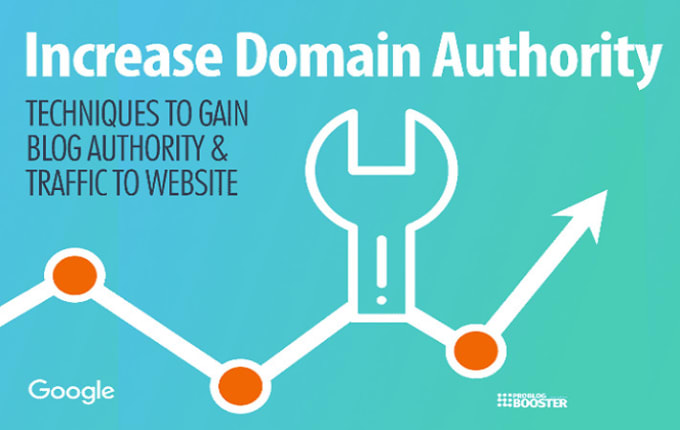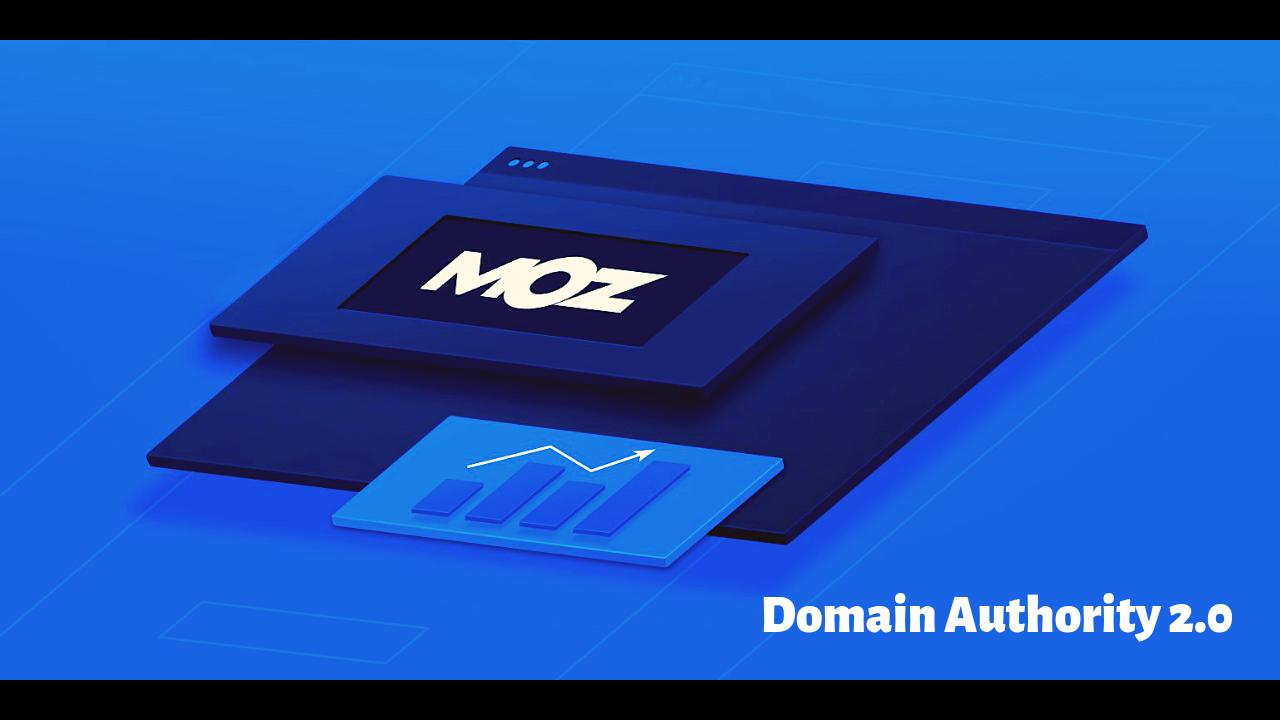

Semrush Rank is worthwhile in my experience as, again, it’s based on a site’s organic rankings. A page (or a site) that ranks well and garners organic traffic likely has a backlink profile (among other factors) preferred by Google. SimilarWeb and Alexa estimate a site’s traffic and sources, as do other tools. Does the site receive clicks? From where? The best type of link is one that generates visitors. However, we can cite signals that infer the authority of a page. There is no single way to measure a page’s authority. Domain authority - the accumulation of all links pointing to that domain - never guarantees high rankings, per Google. Moreover, Google never used a domain-level metric in its ranking algorithm - only page-level metrics. We can only guess how Google determines a page’s authority.

Google’s equivalent is likely entirely different with its own formula, spam signals, page history, and more. That alone makes it an unreliable metric for optimizing organic search rankings.

Reliable Metric?ĭomain authority has nothing to do with Google. Semrush Rank, addressed below, is based on organic rankings. It gauges “the strength of a target website’s total backlink profile (in terms of its size and quality).” It’s called “ Citation Flow.” It measures the “power” the website or link carries on, also, a 100-point scale.Īhrefs’ metric is called Domain Rating. Majestic, another SEO platform, also developed an early-day PageRank replacement. It offered a vague explanation at launch: “It is based off data from the Mozscape web index and includes link counts, MozRank and MozTrust scores, and dozens of other factors.” Both are a 100-point scale - the higher the score, the more authoritative.Įven now, Moz doesn’t much explain how it calculates those metrics. Moz was among the first platforms with its own web index, which facilitated in 2019 two proprietary PageRank toolbar replacements: Page Authority and Domain Authority. Thus we now have a mishmash of industry calculations to assess a site’s trust and popularity. SEOs need a metric to know if a site is worth the link-solicitation effort. That’s because links remain a key ranking factor, especially links from trustworthy sites. Since then search engine optimizers have sought an alternative measure of a site’s authority.

Google discontinued its PageRank browser tool in 2016.


 0 kommentar(er)
0 kommentar(er)
